A swath of technologists and physicists believe that ‘simulation theory’ will be proved, just as it was proved that the Earth was not the center of the universe

When Elon Musk isn’t outlining plans to use his massive rocket to leave a decaying Planet Earth and colonize Mars, he sometimes talks about his belief that Earth isn’t even real and we probably live in a computer simulation.

“There’s a billion to one chance we’re living in base reality,” he said at a conference in June.
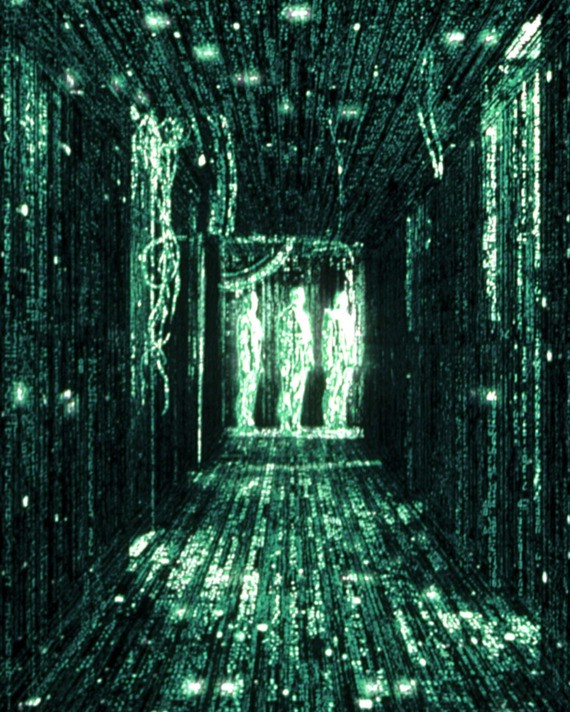
Musk is just one of the people in Silicon Valley to take a keen interest in the “simulation hypothesis”, which argues that what we experience as reality is actually a giant computer simulation created by a more sophisticated intelligence. If it sounds a lot like The Matrix, that’s because it is.

According to this week’s New Yorker profile of Y Combinator venture capitalist Sam Altman, there are two tech billionaires secretly engaging scientists to work on breaking us out of the simulation. But what does this mean? And what evidence is there that we are, in fact, living in The Matrix?

One popular argument for the simulation hypothesis, outside of acid trips, came from Oxford University’s Nick Bostrom in 2003 (although the idea dates back as far as the 17th-century philosopher René Descartes). In a paper titled “Are You Living In a Simulation?”, Bostrom suggested that members of an advanced “posthuman” civilization with vast computing power might choose to run simulations of their ancestors in the universe.
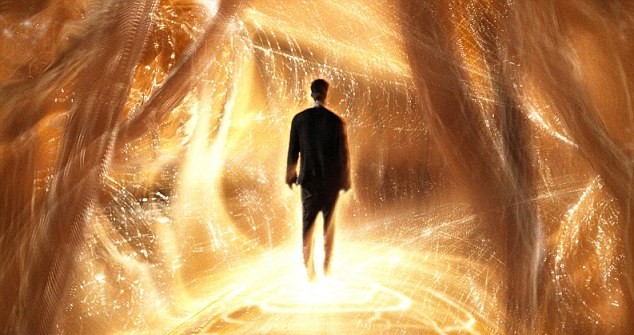
That we might be in a simulation is, Terrile argues, a simpler explanation for our existence than the idea that we are the first generation to rise up from primordial ooze and evolve into molecules, biology and eventually intelligence and self-awareness. The simulation hypothesis also accounts for peculiarities in quantum mechanics, particularly the measurement problem, whereby things only become defined when they are observed.

“For decades it’s been a problem. Scientists have bent over backwards to eliminate the idea that we need a conscious observer. Maybe the real solution is you do need a conscious entity like a conscious player of a video game,” he said.

For Tegmark, this doesn’t make sense. “We have a lot of problems in physics and we can’t blame our failure to solve them on simulation.”Advertisement
How can the hypothesis be put to the test? On one hand, neuroscientists and artificial intelligence researchers can check whether it’s possible to simulate the human mind. So far, machines have proven to be good at playing chess and Go and putting captions on images. But can a machine achieve consciousness? We don’t know.
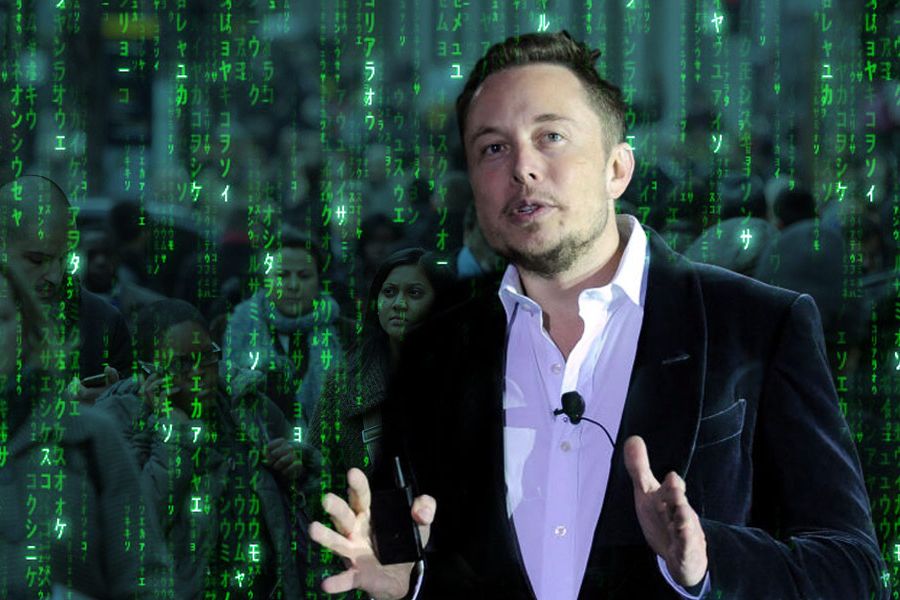
“Quite frankly, if we are not living in a simulation, it is an extraordinarily unlikely circumstance,” he added.
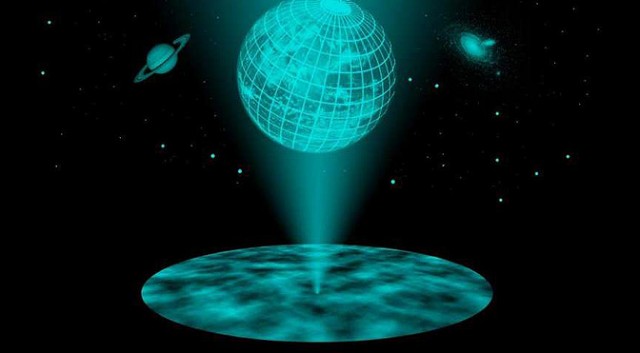
“In order to make the argument in the first place, we need to know what the fundamental laws of physics are where the simulations are being made. And if we are in a simulation then we have no clue what the laws of physics are. What I teach at MIT would be the simulated laws of physics,” he said.

Harvard theoretical physicist Lisa Randall is even more skeptical. “I don’t see that there’s really an argument for it,” she said. “There’s no real evidence.”

“It’s also a lot of hubris to think we would be what ended up being simulated.”
Terrile believes that recognizing that we are probably living in a simulation is as game-changing as Copernicus realizing that the Earth was not the center of the universe. “It was such a profound idea that it wasn’t even thought of as an assumption,” he said.
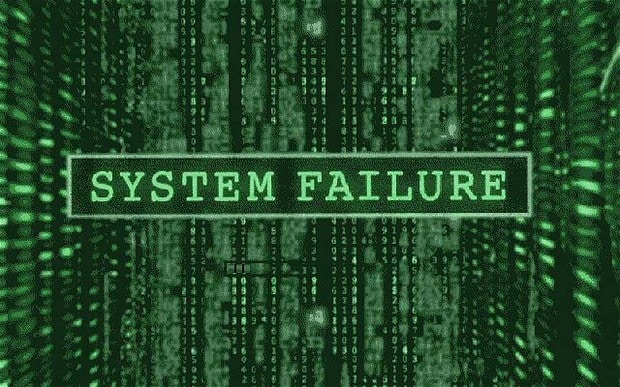
Before Copernicus, scientists had tried to explain the peculiar behaviour of the planets’ motion with complex mathematical models. “When they dropped the assumption, everything else became much simpler to understand.”
So who has created this simulation? “Our future selves,” said Terrile.

Not everyone is so convinced by the hypothesis. “Is it logically possible that we are in a simulation? Yes. Are we probably in a simulation? I would say no,” said Max Tegmark, a professor of physics at MIT.
Reasons to believe that the universe is a simulation include the fact that it behaves mathematically and is broken up into pieces (subatomic particles) like a pixelated video game. “Even things that we think of as continuous – time, energy, space, volume – all have a finite limit to their size. If that’s the case, then our universe is both computable and finite. Those properties allow the universe to be simulated,” Terrile said.

If there are many more simulated minds than organic ones, then the chances of us being among the real minds starts to look more and more unlikely. As Terrile puts it: “If in the future there are more digital people living in simulated environments than there are today, then what is to say we are not part of that already?”
“Forty years ago we had Pong – two rectangles and a dot. That’s where we were. Now 40 years later, we have photorealistic, 3D simulations with millions of people playing simultaneously and it’s getting better every year. And soon we’ll have virtual reality, we’ll have augmented reality,” said Musk. “If you assume any rate of improvement at all, then the games will become indistinguishable from reality.”

It’s a view shared by Terrile. “If one progresses at the current rate of technology a few decades into the future, very quickly we will be a society where there are artificial entities living in simulations that are much more abundant than human beings.”
At the same time, video games are becoming more and more sophisticated and in the future we’ll be able to have simulations of conscious entities inside them.
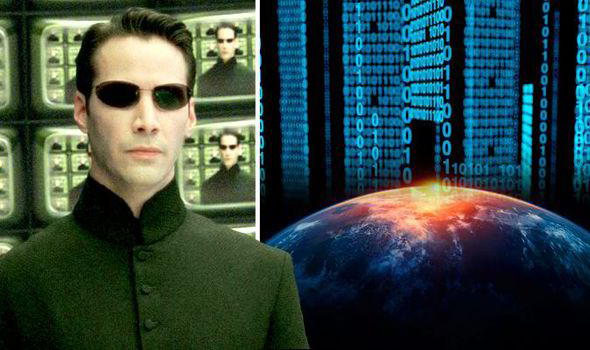
If we believe that there is nothing supernatural about what causes consciousness and it’s merely the product of a very complex architecture in the human brain, we’ll be able to reproduce it. “Soon there will be nothing technical standing in the way to making machines that have their own consciousness,” said Rich Terrile, a scientist at Nasa’s Jet Propulsion Laboratory.
This argument is extrapolated from observing current trends in technology, including the rise of virtual reality and efforts to map the human brain.
For more such interesting Facts, visit Crispbot.













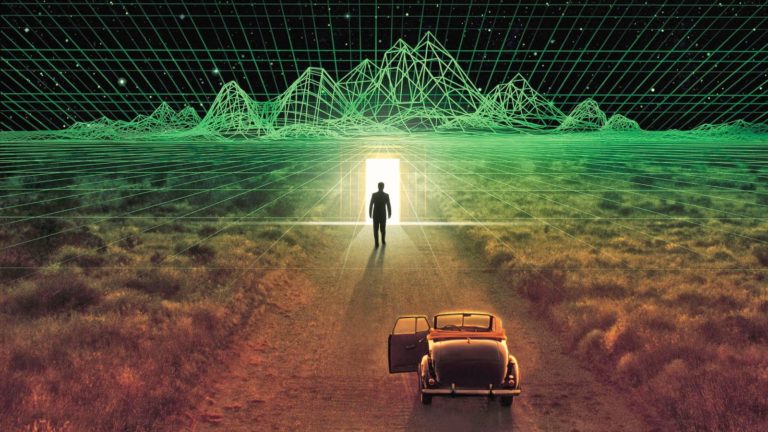
0 Comments